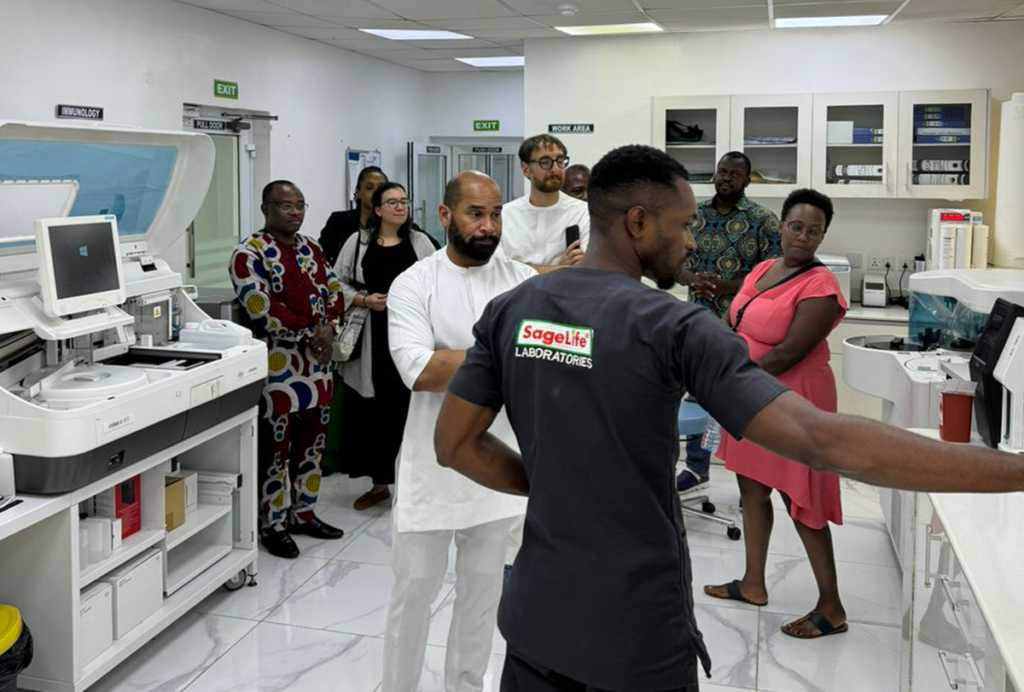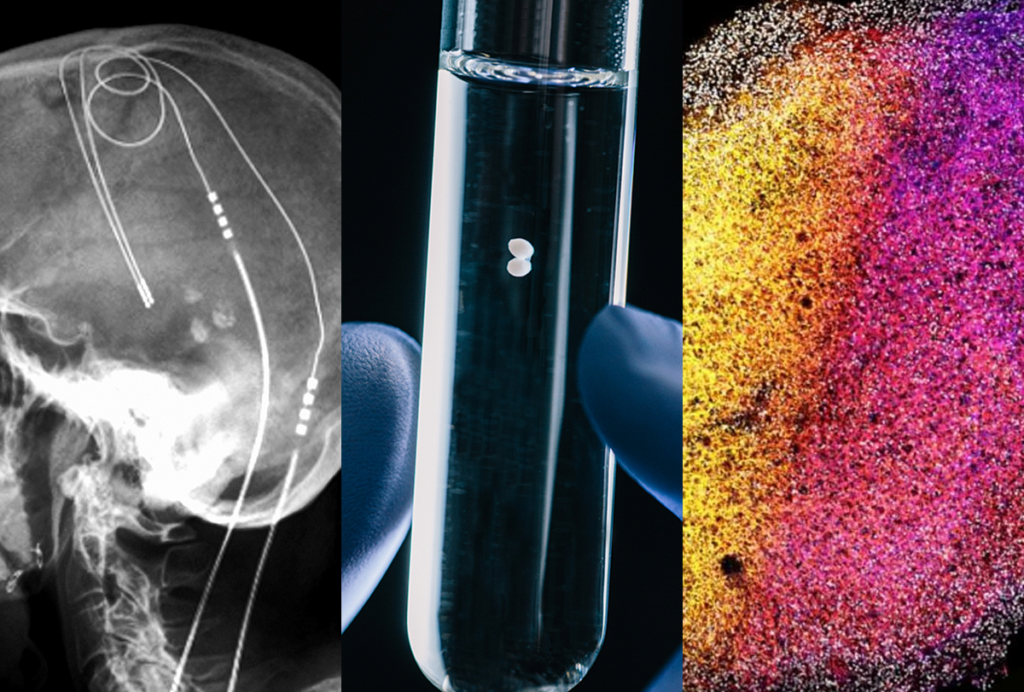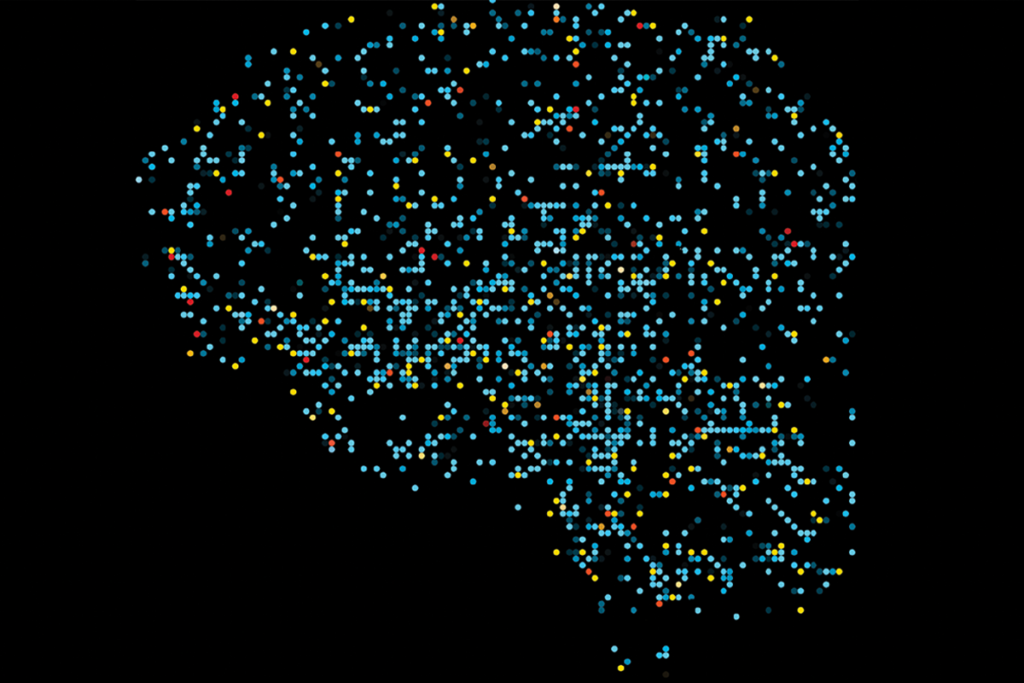Ethics
Recent articles
Stories about scientific misconduct, retractions, debates over research standards, and more
Exclusive: Issues with dozens of papers prompt inquiry into prolific stroke researcher
Two of John H. Zhang’s papers have been retracted, 19 have corrections, and 27 have expressions of concern.

Exclusive: Issues with dozens of papers prompt inquiry into prolific stroke researcher
Two of John H. Zhang’s papers have been retracted, 19 have corrections, and 27 have expressions of concern.
Sounding the alarm on pseudoreplication: Q&A with Constantinos Eleftheriou and Peter Kind
Most studies of neurological disorders in mice erroneously treat multiple samples from a single animal as independent replicates, according to a new analysis. But scientists and journals can take steps to curb this practice.

Sounding the alarm on pseudoreplication: Q&A with Constantinos Eleftheriou and Peter Kind
Most studies of neurological disorders in mice erroneously treat multiple samples from a single animal as independent replicates, according to a new analysis. But scientists and journals can take steps to curb this practice.
Sharing Africa’s brain data: Q&A with Amadi Ihunwo
These data are “virtually mandatory” to advance neuroscience, says Ihunwo, a co-investigator of the Brain Research International Data Governance & Exchange (BRIDGE) initiative, which seeks to develop a global framework for sharing, using and protecting neuroscience data.

Sharing Africa’s brain data: Q&A with Amadi Ihunwo
These data are “virtually mandatory” to advance neuroscience, says Ihunwo, a co-investigator of the Brain Research International Data Governance & Exchange (BRIDGE) initiative, which seeks to develop a global framework for sharing, using and protecting neuroscience data.
Why the 21st-century neuroscientist needs to be neuroethically engaged
Technological advances in decoding brain activity and in growing human brain cells raise new ethical issues. Here is a framework to help researchers navigate them.

Why the 21st-century neuroscientist needs to be neuroethically engaged
Technological advances in decoding brain activity and in growing human brain cells raise new ethical issues. Here is a framework to help researchers navigate them.
‘Bioethics and Brains: A Disciplined and Principled Neuroethics,’ an excerpt
In their new book, published earlier this week, Giordano and Shook examine how ethics can guide neuroscience research and its real-world applications.

‘Bioethics and Brains: A Disciplined and Principled Neuroethics,’ an excerpt
In their new book, published earlier this week, Giordano and Shook examine how ethics can guide neuroscience research and its real-world applications.
‘Doctored: Fraud, Arrogance, and Tragedy in the Quest to Cure Alzheimer’s,’ an excerpt
In his new book, published today, investigative journalist Charles Piller tells the story of the scientific misconduct that shook Alzheimer’s disease research to its core, and the neuroscientist who helped to expose it.

‘Doctored: Fraud, Arrogance, and Tragedy in the Quest to Cure Alzheimer’s,’ an excerpt
In his new book, published today, investigative journalist Charles Piller tells the story of the scientific misconduct that shook Alzheimer’s disease research to its core, and the neuroscientist who helped to expose it.
Protocol-sharing site aims to ease administrative burden of animal research
The library of regulatory-compliant animal procedures offers experimental standards and specific language that researchers can borrow for their own legal paperwork.

Protocol-sharing site aims to ease administrative burden of animal research
The library of regulatory-compliant animal procedures offers experimental standards and specific language that researchers can borrow for their own legal paperwork.
Spectrum 2024: Year in review
We round up our most notable autism stories of the past 12 months.

Spectrum 2024: Year in review
We round up our most notable autism stories of the past 12 months.
Former Columbia University psychiatrist committed research misconduct, says federal watchdog
Bret Rutherford, whose research was halted following a suicide in a clinical trial, falsely reported participant eligibility, according to the U.S. Office of Research Integrity.

Former Columbia University psychiatrist committed research misconduct, says federal watchdog
Bret Rutherford, whose research was halted following a suicide in a clinical trial, falsely reported participant eligibility, according to the U.S. Office of Research Integrity.
A scientific fraud. An investigation. A lab in recovery.
Science is built on trust. What happens when someone destroys it?

A scientific fraud. An investigation. A lab in recovery.
Science is built on trust. What happens when someone destroys it?
Explore more from The Transmitter
Machine learning spots neural progenitors in adult human brains
But the finding has not settled the long-standing debate over the existence and extent of neurogenesis during adulthood, says Yale University neuroscientist Juan Arellano.

Machine learning spots neural progenitors in adult human brains
But the finding has not settled the long-standing debate over the existence and extent of neurogenesis during adulthood, says Yale University neuroscientist Juan Arellano.
Xiao-Jing Wang outlines the future of theoretical neuroscience
Wang discusses why he decided the time was right for a new theoretical neuroscience textbook and how bifurcation is a key missing concept in neuroscience explanations.
Xiao-Jing Wang outlines the future of theoretical neuroscience
Wang discusses why he decided the time was right for a new theoretical neuroscience textbook and how bifurcation is a key missing concept in neuroscience explanations.
Memory study sparks debate over statistical methods
Critics of a 2024 Nature paper suggest the authors failed to address the risk of false-positive findings. The authors argue more rigorous methods can result in missed leads.

Memory study sparks debate over statistical methods
Critics of a 2024 Nature paper suggest the authors failed to address the risk of false-positive findings. The authors argue more rigorous methods can result in missed leads.